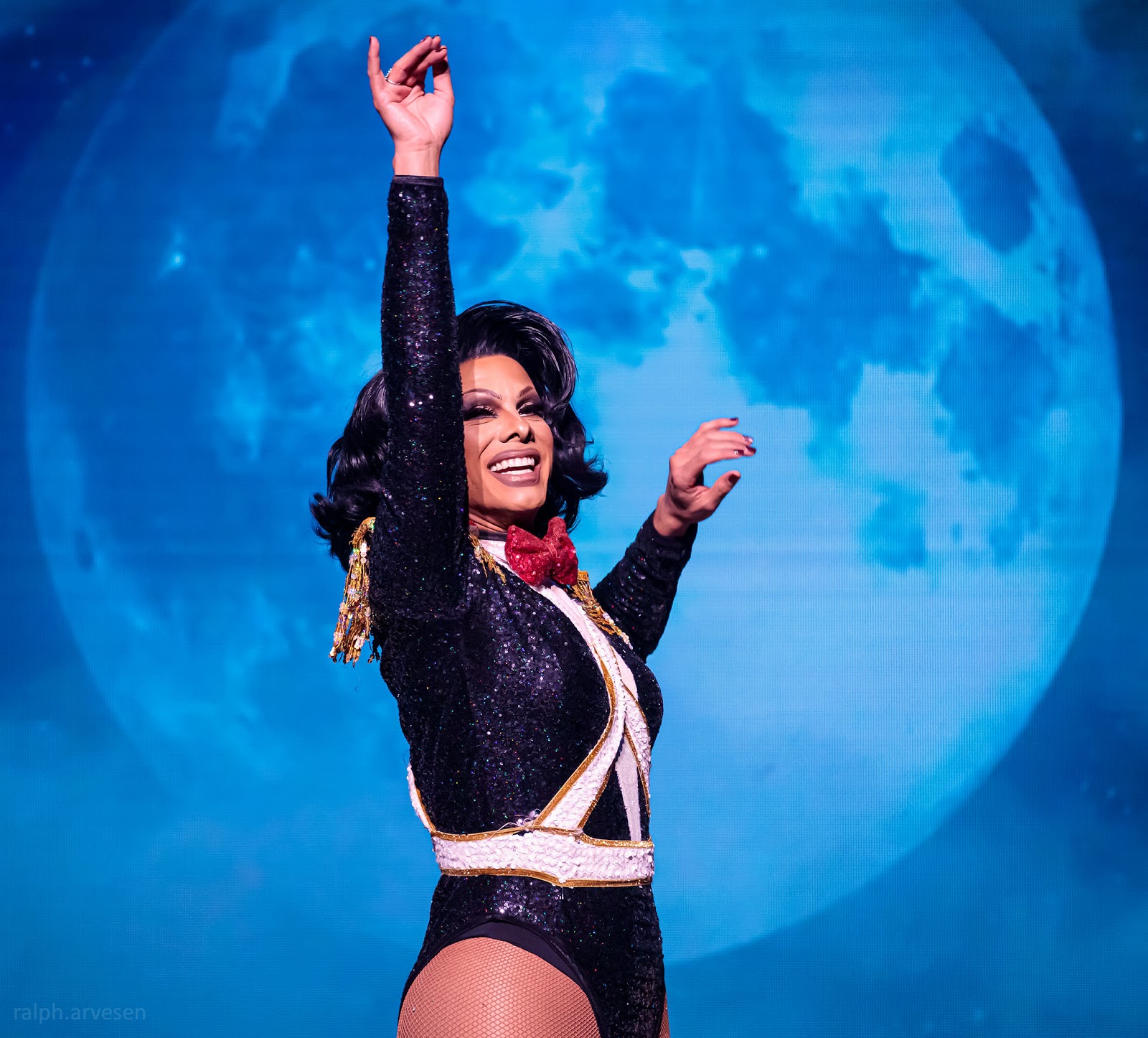The Ban on Drag
In a previous post, I reported on the controversy of Drag Story Hour, an organization where Drag Queens read books to young children. Well, Drag Queens are back in the news once more following the ban on public drag performances in Tennessee and the cancellation of a student drag show at West Texas A&M University.
Tennessee’s Ban on Drag

On March 3, 2023, Tennessee signed a bill to restrict public drag performances, thus becoming the first state to pass this kind of legislation. The bill, signed by Governor Bill Lee, makes a “person who engages in an adult cabaret performance on public property” a criminal offense. This, in his definition of “adult cabaret”, includes topless dancers, go-go dancers, exotic dancers, strippers, and male or female impersonators. According to this legislation, a first-time offender will be charged with only a misdemeanor while a second or subsequent violation would be a Class E felony.
As expected, the legislation is receiving heavy backlash from Drag Queens, community members, and left-leaning politicians. According to drag queen Catrina Lovelace, family-friendly drag shows are being misconstrued as sexual. For her, a drag show is simply a “celebration of life.” Furthermore, activists and allies of the LGBTQ community say that right-winging conservatives’ ban on queer spaces and culture forces LGBTQ people back in the closest rather than embracing them. According to Sarah Warbelow, Legal Director of the Human Rights Campaign, “[the right] [is] doubling down on efforts to attack drag artists and transgender youth,” asserting that it is a longstanding and celebratory form of entertainment, and a great source of employment.
Those in support of the bill, such as Senator Jack Johnson, celebrated the bill, claiming that it “gives confidence to parents that they can take their kids to a public or private show and will not be blindsided by a sexualized performance.”
Currently, similar bill shave been introduced in Florida, Arizona, and Texas.
West Texas A&M University Cancels Drag Show

Photo Source
Over in Texas, University President Walter Wendler is gaining traction for canceling a student drag show last week, claiming that such performances degrade women and are “derisive, divisive, and demoralizing misogyny.”
Students and First Amendment lawyers reject these assertions, claiming that Wendler’s comments are a mischaracterization of the art form. Furthermore, they argue that this cancellation violates the student’s constitutional rights. In fact, a state law protecting free speech on college campuses is potentially setting the university up for a lawsuit.
So far, many students have protested this decision, arguing that Drag Shows are simply just an expression of queer joy; it provides queer people with an art form to explore their gender expression in a world of stifling gender norms. Yet, according to Wendler, drag shows “stereotypes women” as a cartoon-like extreme for the amusement of others.
Republican Texas lawmakers have fought back with legislation to regulate a restriction on drag shows, including an imposed fine upwards of $10,000 on business owners who host drag shows in front of children.
My Opinions

If you have been reading my civic issue blog, it has become apparent that I am a big proponent of drag. Ever since the age of 9, I have loved drag shows and drag art forms. Never once did I feel uncomfortable while watching drag, and never once did I feel like drag was overly sexualized or misogynistic. Of course, I am biased toward the art form, but it makes me sad how hated it is among some politicians. While I can understand other people’s concerns about Drag Shows, I do not necessarily agree with these concerns. From the Drag Show I attended, the subject nature was rather tame. It was not sexualized, and it defiantly did not portray women as cartoonish characters. If a parent does not want to expose their child to drag, I can respect their wishes. However, banning the entirety of drag shows is not fair to the performers and audience members who rely on these shows for employment and/or entertainment.
But of course, that is simply just one opinion. What do you think? Should Drag Shows be banned as a whole, or should they simply have a minimum age requirement? Comment your thoughts below. As always, keep researching, advocating, and talking. Until next time!
Charlie Colvin
I’ll preface this comment by saying that I have never been to a drag show, nor have I ever really wanted to. That being said, I know people who have and they seem to have enjoyed them, and I don’t recall any women/girls talking about feeling degraded/objectified because of them. Even though I don’t really understand the appeal, I don’t see any reason to think that the shows pose an actual threat to anyone either. I wasn’t super mad when I first heard about these bans, probably because its not something that impacts me, but after reading the logic behind them, I’m just more confused why a bunch of legislators would care enough about drag to draft and pass a bill like this. It is slightly concerning though how a bill can be passed to prevent something “dangerous”, when to my knowledge there isn’t any scientific evidence to support those claims.